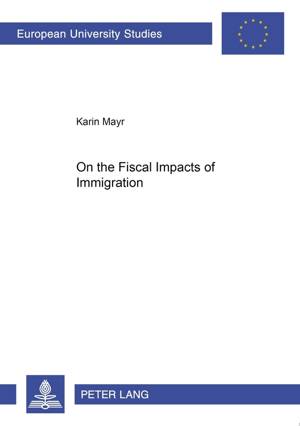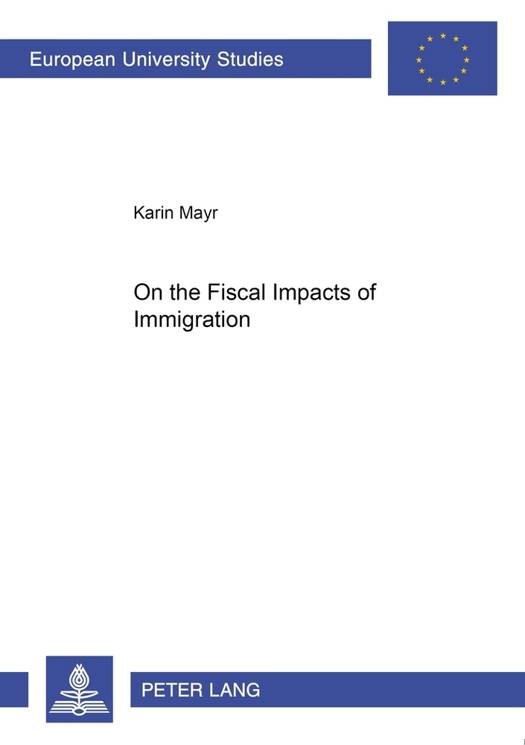
- Afhalen na 1 uur in een winkel met voorraad
- Gratis thuislevering in België vanaf € 30
- Ruim aanbod met 7 miljoen producten
- Afhalen na 1 uur in een winkel met voorraad
- Gratis thuislevering in België vanaf € 30
- Ruim aanbod met 7 miljoen producten
Zoeken
Omschrijving
This work consists of two parts dealing with specific public finance effects of immigration, one empirical and one theoretical. The first part analyses the fiscal impact of immigrants in Austria within the method of generational accounting, which allows to take into account projected demographic scenarios for both natives and immigrants. Since the latter inherently have different lifetime patterns of residence and supposedly have different earnings and benefit recipiency patterns, they will generally make an important difference to public budgets. In the second part, a political economy model is used to determine the impact of immigrant voting on the outcome of a (direct) tax vote, and therefore the level of redistribution. Thus, both the actual participation of immigrants in fiscal redistribution in a host country as well as their possible political influence on the level of such redistribution are dealt with.
Specificaties
Betrokkenen
- Auteur(s):
- Uitgeverij:
Inhoud
- Aantal bladzijden:
- 174
- Taal:
- Engels
- Reeks:
- Reeksnummer:
- nr. 3109
Eigenschappen
- Productcode (EAN):
- 9783631533406
- Verschijningsdatum:
- 28/12/2004
- Uitvoering:
- Paperback
- Formaat:
- Trade paperback (VS)
- Afmetingen:
- 148 mm x 210 mm
- Gewicht:
- 239 g

Alleen bij Standaard Boekhandel
+ 154 punten op je klantenkaart van Standaard Boekhandel
Beoordelingen
We publiceren alleen reviews die voldoen aan de voorwaarden voor reviews. Bekijk onze voorwaarden voor reviews.











